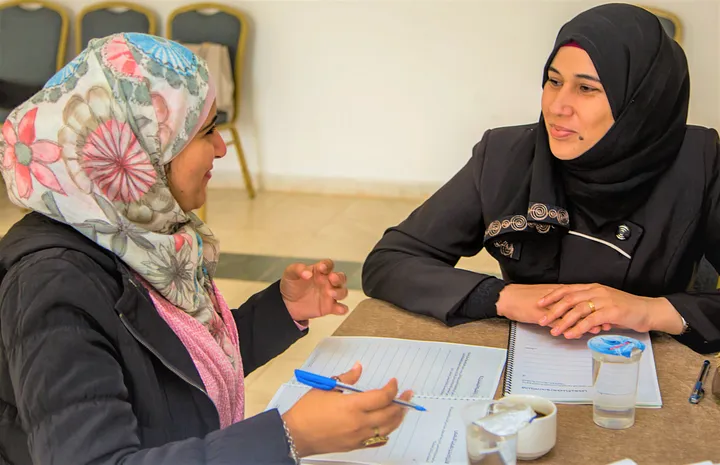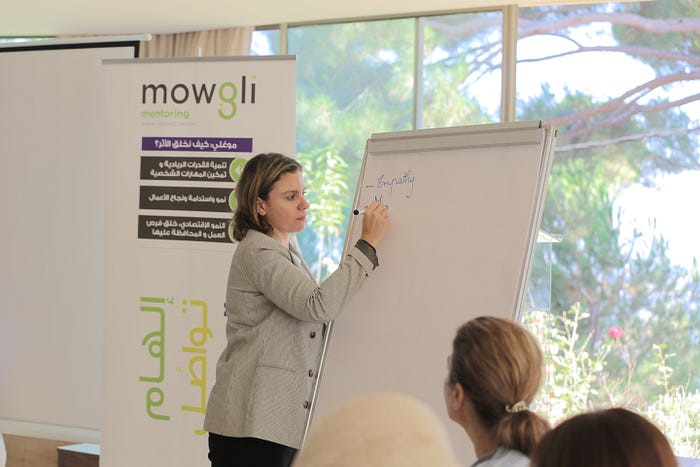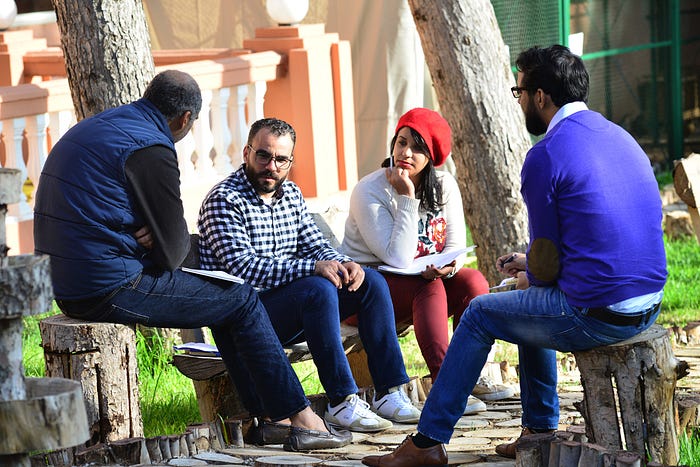
We are often asked what mentors get out of their mentoring relationships? Why are they volunteering to be mentors? How are we, as Mowgli, able to recruit volunteer mentors?
The reality is that the value of being a mentor is often overlooked because the focus is on the mentee’s development. When mentors initially join Mowgli programmes, there might be some altruistic motivation to support the development of others. However, the benefits go beyond nurturing others, mentors also get to develop themselves personally and professionally in the process.
Inour 10 year impact report released last year, we highlighted the key benefits of mentoring. These are the top three benefits shared by our mentors:

At the core of mentoring is reflection. By supporting mentees to reflect on their goals, whether personal or professional, mentors get deeper insights into their own habits and thoughts.
“Mentoring enables you to give something back whilst finding out more about yourself and your effect on others around you.”
2. Improved leadership skills

Most Mowgli Mentors share that by utilizing mentoring skills such as active listening and asking powerful questions, they not only got the opportunity to practice these essential leadership skills, they also got to question how they manage their own teams and how their behaviors might impact others.
“As a result of my mentoring experience, I am now more patient with my employees and my business partners; I’ve become a better listener.” Rashed Mohamed Khan, Mentor, Bahrain
3. Improved active listening and communication skills

“Listen, Listen. Listen…don’t interrupt.” Rami Hajjar, Mentor, Lebanon
Soft skills are critical in leadership. They enable leaders to expand their perspective and listen beyond what is being said. What differentiates listening from active listening? Active listening requires complete presence and the capacity to “listen with your eyes” to pick up non-verbal cues; skills crucial to holistic communication and understanding the inner state of the individual you’re supporting.
“ I do less telling and more listening as well as creating accountability. The results are amazing if you are patient and consistent.” Cecilia Gachie, Mentor, Kenya
Increased abilities to empathize, coach, train and provide more holistic support, as well as reverse mentoring are other top benefits Mowgli Mentors shared they experienced by mentoring others.